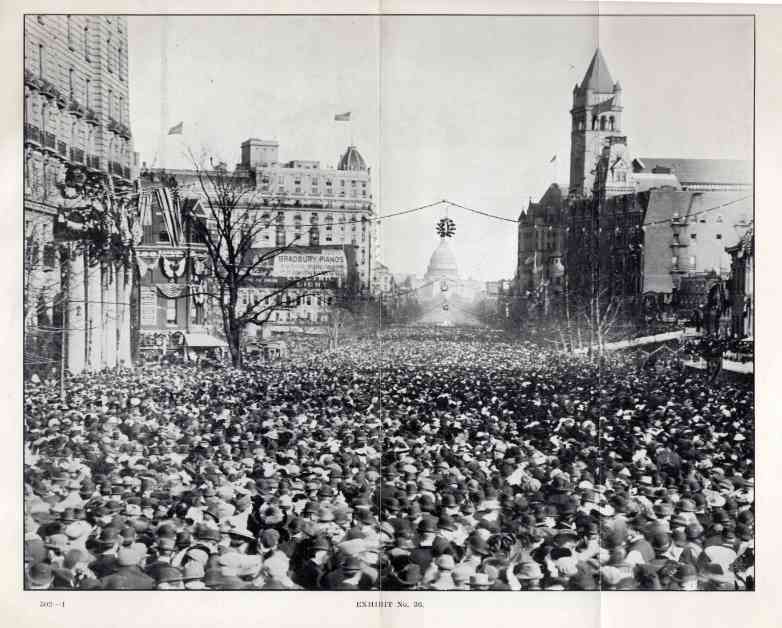Marjorie Townsend, a Vermont woman from Plainfield, and Cambridge, Massachusetts, found herself unexpectedly swept up in the women’s suffrage movement, leading to a profound appreciation for the right she helped secure for an entire gender. In a candid interview with Mary Kasamatsu, former director of the Waterbury Public Library, back in 1987, Townsend shared her firsthand account of her time as a suffragette.
Accidental Involvement in History
Townsend’s journey into the suffrage movement began when the influential Grace Johnson, a key figure in the national women’s rights movement and later Townsend’s first mother-in-law, took the teenage Townsend under her wing. At just 16 years old, Townsend accompanied Johnson as a delegate to a significant suffrage convention in Washington D.C. in 1913. Reflecting on the experience, Townsend vividly recalled the sea of “old ladies,” the indulgence of ice cream and soda, and the palpable excitement among the activists. They held a steadfast belief that the right to vote would swiftly resolve their struggles, ushering in a utopia of perfection.
The enthusiasm from the conventions in Washington led Townsend to be invited to smaller gatherings in Vermont, emphasizing the ripple effect of her initial involvement. Her first voting experience took place in Plainfield, likely at the town hall, during a historic moment where women were casting their ballots for the first time. While she couldn’t recall the specifics of the ballot, Townsend distinctly remembered the act of voting itself. “All I remember is that it was the first time women were voting, so I think to some people everything was controversial,” she remarked with pride.
The Impact of Women’s Suffrage
When prompted by Kasamatsu about the tangible changes following women’s enfranchisement, Townsend highlighted significant shifts, particularly in the realm of family law. Prior to the ratification of the 19th Amendment in 1920, men automatically gained custody of children in divorce cases due to the absence of legal rights for women. The newfound ability for women to vote empowered them to advocate for better laws safeguarding the rights of children, reshaping the landscape of custody battles and family dynamics.
In response to a query about the broader significance of women’s suffrage for women and children, Townsend expressed a sense of wonder and pride. Viewing the right to vote as a symbol of importance and citizenship, she acknowledged that while it didn’t eradicate all societal issues, it instilled a sense of value and agency among women. “I thought it was really wonderful… It made you feel as if women were important. More like a citizen. So that was good,” Townsend reflected.
Through Marjorie Townsend’s reminiscences of her inadvertent immersion in the women’s suffrage movement, we gain a poignant insight into the personal impact and societal transformation brought about by the hard-fought battle for women’s right to vote. Her story serves as a testament to the enduring legacy of those who paved the way for gender equality, reminding us of the profound significance of each individual’s contribution to shaping history.










